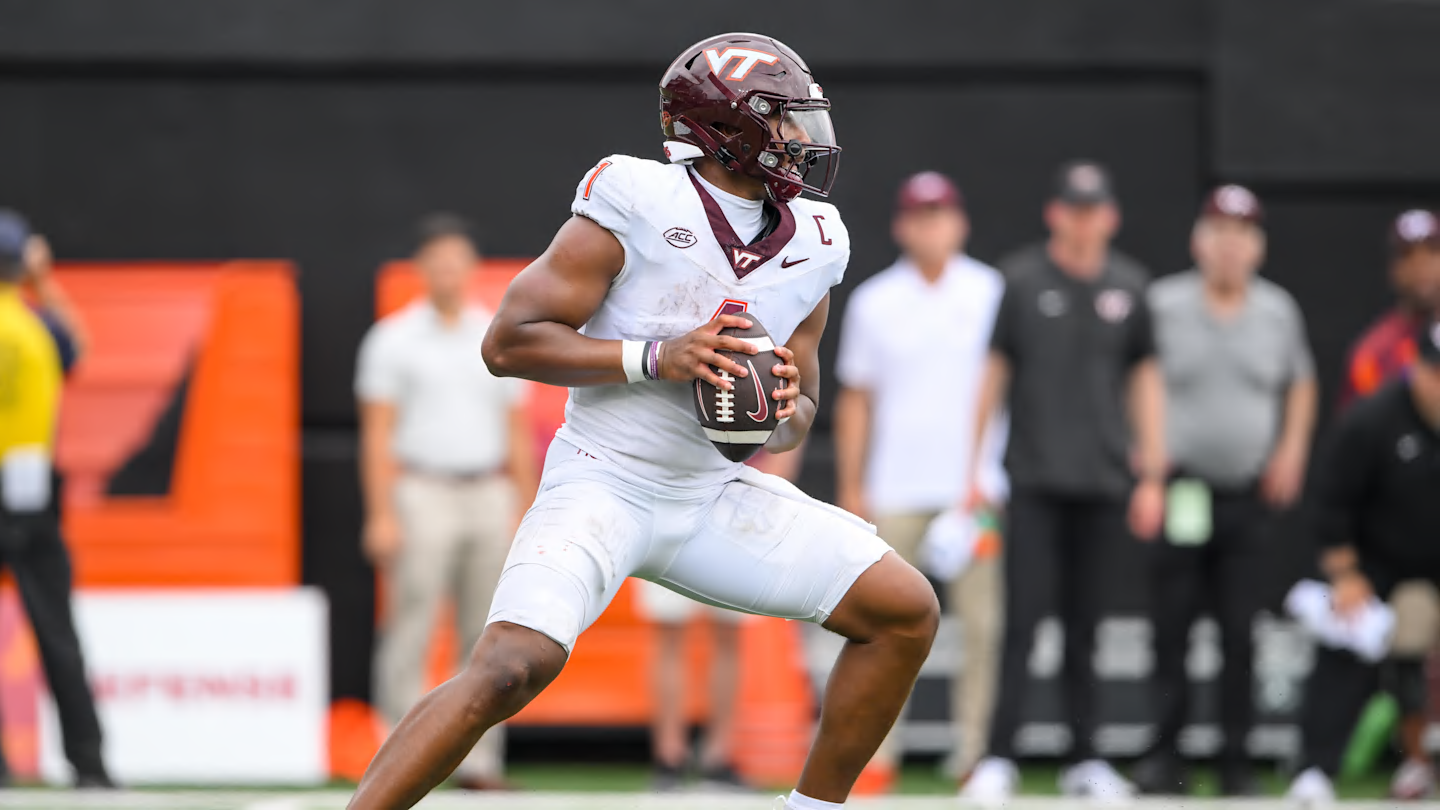For a moment, it seemed Tampa was joining other U.S. cities that have parted ways with technology that can detect where guns have been fired after concerns arose about accuracy and transparency.
In early June, the City Council narrowly voted to deny a $280,000 contract for another year of ShotSpotter, which uses a network of sound sensors to locate possible gunfire and alert police. In Tampa, sensors cover four square miles of historically Black East Tampa — and nowhere else.
Then East Tampa’s council member, Gwen Henderson, changed her mind. On June 20, two weeks after opposing it, she called for another vote. It passed 5-2 that day.
Amid nationwide debate over the technology’s effectiveness, that reversal stirred criticism that Henderson hoodwinked the public by quickly adding the contract to the meeting agenda and not giving residents enough time to respond.
“What changed your mind?” council member Lynn Hurtak, who voted against renewing the contract, asked Henderson in late June. “Are you comfortable spending taxpayer dollars on something that might be in violation of the Civil Rights Act?”
Tampa has used ShotSpotter since 2019. Since then, several major cities have abandoned the technology. A 2022 Associated Press investigation identified “a number of serious flaws in using ShotSpotter as evidentiary support for prosecutors.” This included an algorithm that analyzes sounds to distinguish gunshots from other noises, even though it has not been vetted by outside academics or experts.
The same day the Tampa City Council voted to renew the ShotSpotter contract, an audit covering 2022 and 2023 released by the New York City comptroller found the technology led officers to spend hundreds of hours each month investigating phantom gunshots.
After Henderson said she conducted her own research, the councilwoman said she concluded that the technology could be useful for her district.
Henderson blamed a “very poor presentation” from the police department for why she initially opposed renewing ShotSpotter after state funding ran out.
“There’s not shootings like this all over the city, that’s just the reality,” she said, referencing gunfire in East Tampa. The contract cost is “small potatoes” considering the city’s $1.9 billion budget, she added, and “another tool in the tool box.”
Days after she first voted against ShotSpotter, Henderson said Tampa Mayor Jane Castor texted her about a shooting in her district that left a teenager hospitalized. Witnesses were uncooperative. ShotSpotter helped police pinpoint the location of more than 20 shell casings for evidence, Henderson said.
Keep up with Tampa Bay’s top headlines
Subscribe to our free DayStarter newsletter
We’ll deliver the latest news and information you need to know every morning.
You’re all signed up!
Want more of our free, weekly newsletters in your inbox? Let’s get started.
Henderson denied that she was doing the administration’s bidding by bringing the contract back.
“I did that on my own,” she told the Tampa Bay Times. Chairperson Guido Maniscalco also flipped his vote.
“We shouldn’t just bring things up and vote on them without the public knowing about it,” Hurtak said at the June meeting after Henderson reintroduced the matter. Councilmember Bill Carlson also voted against the contract.
At the meeting, residents spoke for and against the technology. Some said they didn’t have advanced notice and happened to be at the meeting for another matter.
When asked whether the police department or mayor’s administration encouraged residents who support ShotSpotter to attend the council meeting in anticipation that Henderson might reconsider her position, city communications director Adam Smith told the Times: “Of course they did. That’s Government 101.”
Hurtak said the city should use the $280,000 to fund additional police officers instead.
“I appreciated that,” said Brandon Barclay, president of the Tampa Police Benevolent Association and a ShotSpotter supporter. “But you can’t take capital money and spend it on salaries.”
Council member Luis Viera called Hurtak’s motion a “politically fictitious maneuver that has no support from our cops, weakens our fight against violent crime and represents a political check that will bounce.” He added that he supports ShotSpotter after listening to Police Chief Lee Bercaw, the police union and residents affected by violent crime.
Bercaw previously praised ShotSpotter, operated by California-based company SoundThinking, for helping officers locate evidence and connect victims with medical care without relying on witnesses. While some ShotSpotter alerts this year had corresponding 911 calls, more than four out of every five alerts did not.
Bercaw had planned to make his case to the City Council but never got the chance, as the council descended into a murky mess of motions, interjections and handwringing.
“What a circus,” Barclay, the Police Benevolent Association president, later told the Times. “It made the city of Tampa look ridiculous.”
Mayor Castor told the Times she was pleased to hear the city would be sticking with ShotSpotter, adding that it had been on her radar when she served as police chief. Tampa didn’t have ShotSpotter until 2019, long after she served as police chief.
“The first iterations of this technology did have some issues with false activations,” she said. “They had to fine tune that before we were going to deploy it.”




